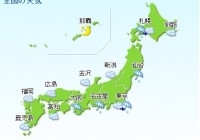Emotions in Japanese: Happiness
This is the first of a series of articles about expressing various emotions in Japanese. When trying to learn how to talk about happiness in Japanese, it is important to understand that this word has different meanings in English and each of these translates to a different word or phrase. When you want to express the momentary… Read More »
